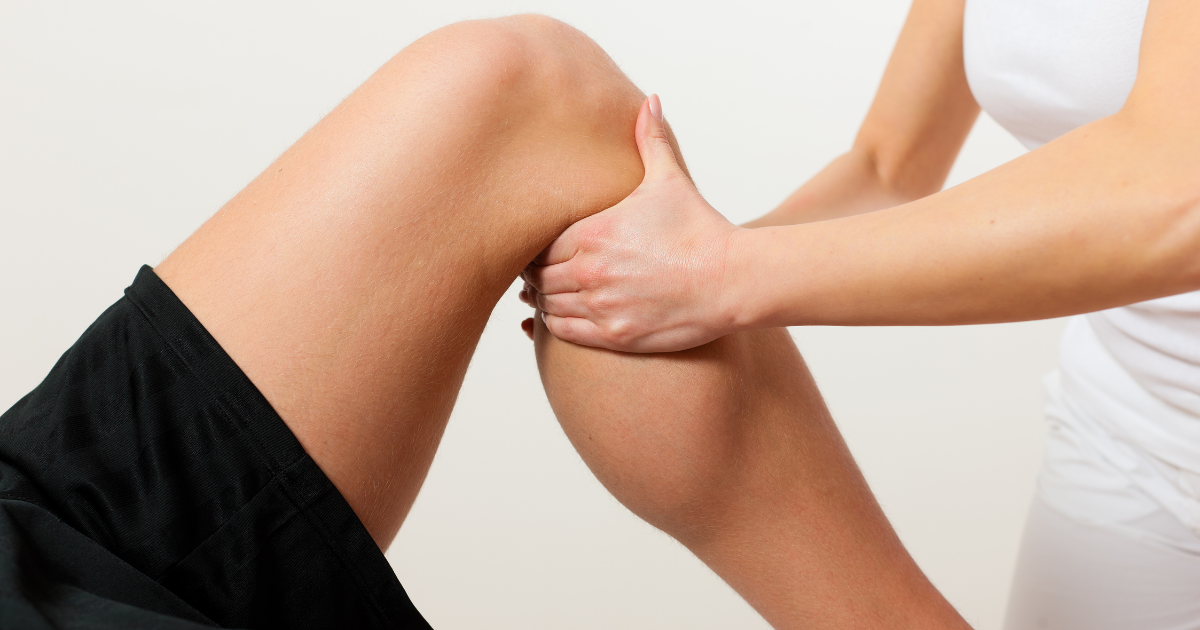Gout is a painful form of arthritis caused by high uric acid levels, leading to joint inflammation, swelling, and severe pain. While medications and lifestyle changes help manage gout, some patients may require gout surgery if the condition leads to irreversible joint damage. Let’s explore when gout surgery becomes necessary, the types of procedures available, and how to prevent severe joint damage.
When Does Gout Surgery require?
In most cases, gout is treated with medications like anti-inflammatory drugs, corticosteroids, and uric acid-lowering therapies. However, surgery may be needed when:
Key Signs You May Need Gout Surgery:
✔ Severe joint damage – Repeated gout attacks weaken the joint structure, leading to loss of function.
✔ Large tophi formation – Hard uric acid deposits (tophi) that cause pain, restrict movement, or lead to infections.
✔ Joint deformities – Misaligned or fused joints due to chronic gout.
✔ Non-responsive to medication – If drugs and lifestyle changes fail to control symptoms.
✔ Recurrent infections – Chronic inflammation increases the risk of joint infections.
Types of Surgeries for Severe Gout
If non-surgical treatments fail, the following procedures may be recommended:
1. Joint Removal or Replacement (Arthroplasty)
When is it needed?
- If gout has severely damaged the joint, making movement painful and difficult.
- Common for big toe, ankle, knee, or elbow joints.
- The damaged joint is replaced with an artificial implant.
2. Tophi Removal Surgery (Tophi Debulking)
When is it needed?
- If large tophi interfere with movement, cause pain, or lead to infections.
- Surgeons remove the hardened uric acid deposits to relieve discomfort and improve mobility.
3. Joint Fusion Surgery (Arthrodesis)
When is it needed?
- If a joint is too damaged for replacement.
- The damaged joint is fused to improve stability and reduce pain.
4. Synovectomy (Inflamed Tissue Removal)
When is it needed?
- If gout causes chronic inflammation in the joint lining (synovium).
- The inflamed tissue is surgically removed to prevent further joint damage.
Post-Surgery Recovery Tips:
✔ Physical therapy – Helps restore movement and strengthen muscles.
✔ Weight management – Reduces pressure on joints and prevents future attacks.
✔ Low-purine diet – Avoids high-uric-acid foods like red meat, alcohol, and seafood.
✔ Regular check-ups – Ensures proper healing and uric acid control.
✔ Medication adherence – Prevents new gout attacks post-surgery.
How to Prevent Gout Surgery Naturally?
Yes! The best way to avoid surgery is early intervention and lifestyle changes.
Preventive Measures:
✅ Stay Hydrated – Flush out excess uric acid by drinking plenty of water.
✅ Eat a Balanced Diet – Focus on anti-inflammatory foods like leafy greens, nuts, and whole grains.
✅ Limit Alcohol & Sugary Drinks – These can spike uric acid levels.
✅ Exercise Regularly – Helps maintain a healthy weight and reduces joint stress.
✅ Take Medications as Prescribed – Uric acid-lowering drugs can prevent gout progression.
FAQs About Gout Surgery
Q1: When is surgery the only option for gout?
A: Surgery is necessary when gout leads to severe joint damage, chronic pain, large tophi, or non-responsive symptoms despite treatment.
Q2: Can gout be completely cured without surgery?
A: While gout cannot be permanently cured, it can be effectively managed with medications, diet, and lifestyle changes to prevent severe damage.
Q3: Is joint replacement successful for gout patients?
A: Yes! Joint replacement surgery is highly successful for restoring mobility and reducing pain in severe gout cases.
Q4: Can natural remedies help prevent gout surgery?
A: Yes! Lifestyle changes, low-purine diets, hydration, and medications can prevent the need for surgery in most cases.
Conclusion
Gout surgery, including joint removal or replacement, is only necessary in extreme cases where joint damage is severe. Early detection, proper diet, and medication adherence can help prevent the need for surgery. If you’re experiencing chronic pain or joint deformities due to gout, consult a rheumatologist to discuss the best treatment options.





